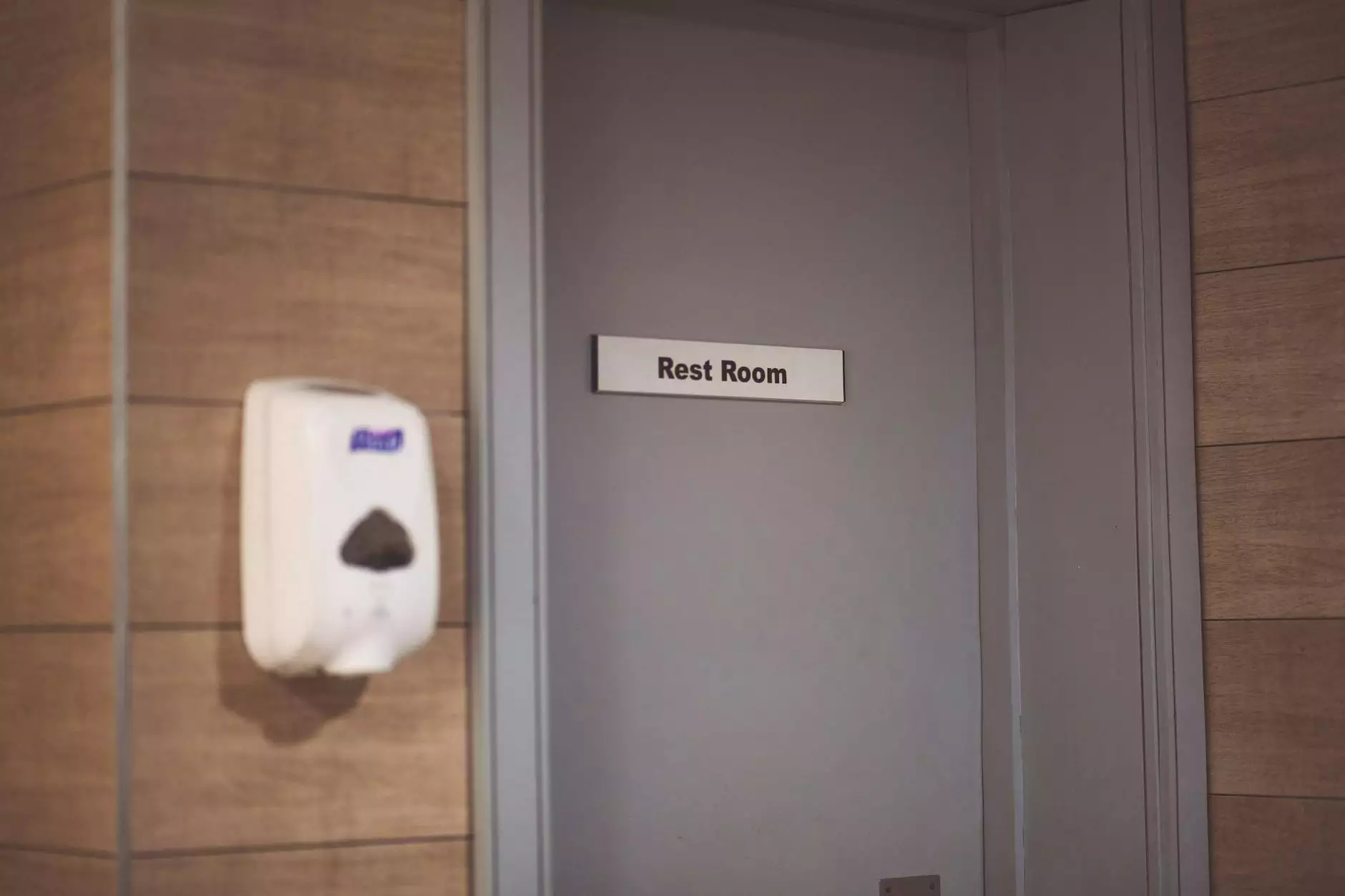K2 Paper Plea Agreement: Understanding the Legal Framework

The K2 paper plea agreement is a significant legal document that plays a pivotal role within the criminal justice system, particularly regarding charges linked to synthetic substances such as K2 or synthetic marijuana. This article delves into the essential components, implications, and processes surrounding plea agreements, and how they serve both defendants and the legal system effectively.
The Importance of Plea Agreements in Criminal Cases
Plea agreements are vital tools in the legal landscape. They allow defendants to negotiate the terms of their acceptance of guilt, often in exchange for reduced charges or sentencing. Understanding what a K2 paper plea agreement entails can be crucial for defendants facing charges related to synthetic drugs. Here, we outline the key reasons why plea agreements are essential:
- Efficiency: They expedite the legal process, saving time and resources for both the court and the defendant.
- Certainty: Defendants gain a clear understanding of the potential consequences of their plea.
- Negotiation: Both parties can negotiate a resolution that may be in the best interests of justice.
- Reduced Sentencing: A plea agreement can lead to lesser charges and decreased penalties.
Components of a K2 Paper Plea Agreement
A K2 paper plea agreement typically encompasses several critical components that outline the terms and conditions agreed upon by the parties involved. The following sections detail these components:
1. Parties Involved
The agreement clearly identifies the defendant, the prosecution, and the relevant court. This section is crucial as it sets the stage for all subsequent provisions within the document.
2. Charges
In this section, the document states the specific charges the defendant is pleading guilty or no contest to. For K2-related offenses, this often involves laws specific to synthetic drug use and distribution.
3. Terms of the Plea
The defendant will either plead guilty to the charges or enter a plea of no contest. This section clarifies the type of plea being entered and the underlying reasons for this decision.
4. Sentencing Recommendation
Both the defense and prosecution may agree on a recommended sentencing outcome. This recommendation guides the judge's decision in the eventual sentencing process.
5. Waiver of Rights
Defendants must acknowledge that they fully understand their rights. These include the right to a trial, the right to confront witnesses, and the right against self-incrimination. This waiver is crucial as it emphasizes the voluntary nature of the plea.
6. Consequences
This section elucidates the potential consequences of accepting the plea. For many defendants, including those facing K2-related charges, understanding the long-term implications—such as criminal records and employment opportunities—is essential.
7. Acceptance and Signatures
The final part of the K2 paper plea agreement includes a space for all parties to sign, indicating their consensus to the terms agreed upon. This formalizes the document, making it binding under law.
Implications of a K2 Paper Plea Agreement
The implications of entering into a K2 paper plea agreement can be substantial for defendants. Accepting a plea can lead to various outcomes that affect their personal and professional lives:
- Criminal Record: A guilty plea will often result in a permanent criminal record, which can have long-lasting repercussions.
- Employment Opportunities: Many employers conduct background checks that can adversely affect job prospects for individuals with a criminal record.
- Educational Opportunities: Certain educational institutions may restrict admission to individuals with a criminal record, impacting future academic pursuits.
- Community Relations: The social stigma associated with criminal convictions can lead to significant challenges in personal relationships and community interactions.
Role of Legal Counsel in Plea Agreements
It's crucial for defendants to seek the guidance of a qualified attorney when navigating a K2 paper plea agreement. Legal counsel plays a vital role in:
- Providing Advice: Attorneys can offer personalized legal advice tailored to the specifics of the charges and potential plea deals.
- Negotiating Terms: Skilled attorneys leverage their expertise to negotiate more favorable terms for their clients.
- Explaining Rights: Legal professionals ensure defendants understand their rights and the potential implications of their choices.
- Representing Clients: In court, attorneys advocate for their clients, ensuring that the plea agreement is fair and just.
Understanding the Judicial Perspective
The judicial system also sees the benefits of plea agreements in the context of efficiency and justice. Accepting a K2 paper plea agreement can limit the court’s caseload, freeing up resources for other cases that require more extensive legal proceedings. This benefits not only the system but also the community at large.
Conclusion: The Path Forward
The K2 paper plea agreement is more than just a legal document; it represents a significant crossroads for defendants facing serious charges. Understanding the agreement's components, implications, and the role of legal counsel is vital for making informed choices in the criminal justice system.
In navigating these complexities, seeking professional legal advice is essential to ensure that defendants can achieve the best possible outcome from their plea agreements. With the right understanding and guidance, entering a K2 paper plea agreement can be a step toward a new beginning.









